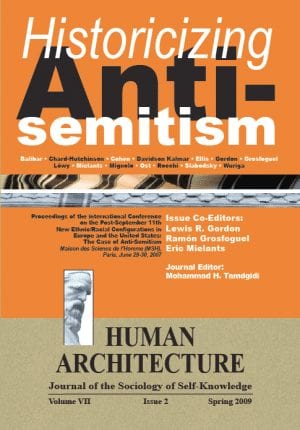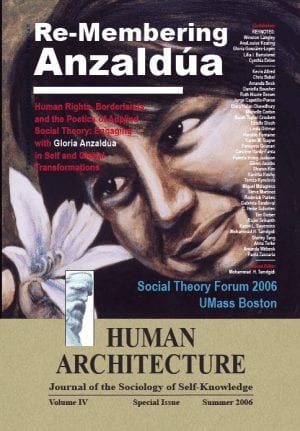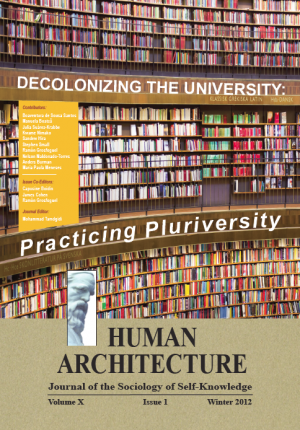Journal Article — Engaged Buddhism and Deep Ecology: Beyond the Science/Religion Divide — by Julie Gregory and Samah Sabra
$15.00
In this article, we suggest that recognition of the shared ontological premises of engaged Buddhism and deep ecology can move us beyond constructed categorical distinctions between Western science and Eastern religion.
Description
Abstract
In this article, we suggest that recognition of the shared ontological premises of engaged Buddhism and deep ecology can move us beyond constructed categorical distinctions between Western science and Eastern religion. Specifically, we show how Thich Nhat Hanh’s engaged Buddhism and Arne Naess’s deep ecology argue for expanded notions of self which disrupt distinctions between self/other, human/nonhuman, sentient/non-sentient, and social/ natural. Following their lead, we hold that meditative practices, which may be thought of as methods of connecting thought and action, can provide routes toward embodying the shared insights of deep ecology and engaged Buddhism. We conclude with reflections on the implications of these insights for relations between the individual, society, and nature.
Recommended Citation
Gregory, Julie, and Samah Sabra. 2008. “Engaged Buddhism and Deep Ecology: Beyond the Science/Religion Divide.” Pp. 51-66 in Thich Nhat Hanh’s Sociological Imagination: Essays and Commentaries on Engaged Buddhism (Human Architecture: Journal of the Sociology of Self-Knowledge: Volume VI, Issue 3, 2008.) Belmont, MA: Okcir Press (an imprint of Ahead Publishing House).
The various editions of this issue of Thich Nhat Hanh’s Sociological Imagination: Essays and Commentaries on Engaged Buddhism can be ordered from the Okcir Store and are also available for ordering from all major online bookstores worldwide (such as Amazon, Barnes&Noble, and others).
Read the Above Publication Online
To read the above publication online, you need to be logged in as an OKCIR Library member with a valid access. In that case just click on the large PDF icon below to access the publication. Make sure you refresh your browser page after logging in.








